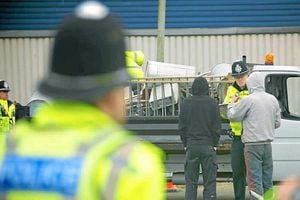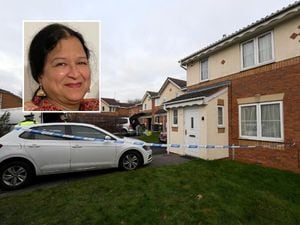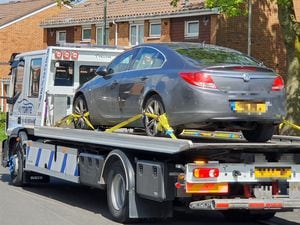Stop searches on West Midlands streets down by thousands
Thousands fewer people are being stopped and searched by police on West Midlands streets, officers revealed today.

It follows a major rethink of the use of the controversial power that has sometimes driven a wedge between police and communities in the past.
Specialist training given to officers on the use of the powers has seen a 20 per cent rise in the number of those targeted being arrested for possession of drugs, knives or stolen property.
More than 5,000 front line police from the force are currently being given specialist face-to-face guidance in the proper use of stop and search for the first time in their career. It is hoped this will result in at least a 6,000 reduction in the 30,000 people a year currently stopped and searched in the force area.
There was a 30 per cent cut in the numbers for November – the first month since the phased training started for which figures are available – while the proportion arrested rose from 12 to 33 per cent.
The power gives police officers the right to stop and search people and vehicles in the street if they have reasonable grounds to believe somebody is in possession of something illegal.
Chief Supt Rick Burgess, in charge of the retraining programme that is due to be completed at the end of next month, said: "This is one of the most intrusive, overt powers and is often controversial. It can be a source of tension between police and the public.
"It is necessary to control crime and protect people but we need to get it right. If we stop and search somebody they are never going to be delighted by the experience, but it is important that it does not give them a negative image of the police.
"Nobody has been out to deliberately breach the law but stop and searches have not always been conducted on the best of grounds. The recent reduction in the numbers involved shows that the training has immediately started to eliminate these."
The aim has been to improve training, recording and accountability for the police and a new system is being introduced to replace the old paper-based recording system. The officer involved will ring the control room with information about a stop and search and this will immediately be downloaded on to a database that can be checked at any time.
This will allow the overall performance of the force and that of individual officers to be checked.
Ch Supt Burgess added: "This will also reduce bureaucracy and remove the inaccuracies that result from police officers filling in pieces of paper. We will be able to immediately download and retrieve data that can be taken out to the community to show how effective we are being at stop and search."
Data will also be published on the Police and Crime Commissioner's website. West Midland Deputy Police and Crime Commissioner Yvonne Mosquito commented: "This has been a very emotional issue that has caused a lot of anxiety and frustration. I feel this will transform the way police officers are seen by communities alienated by this in the past. I am extremely optimistic about the future."





